
Similar Posts
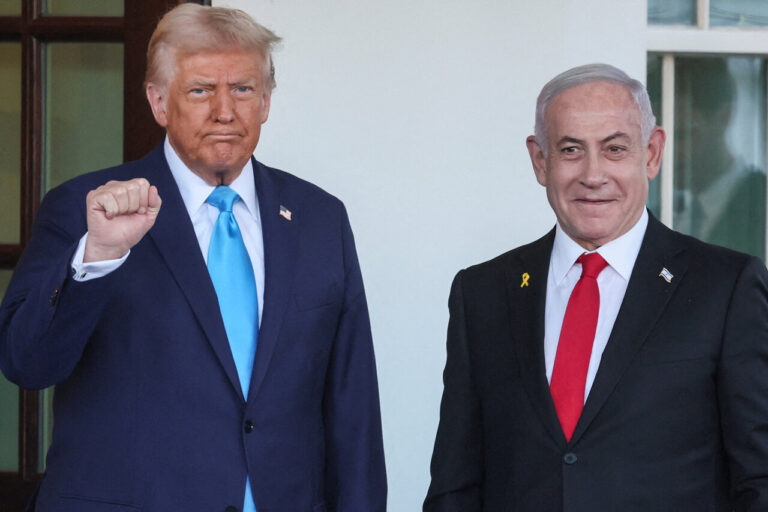
Netanyahu Reiterates Call for Prisoner Release: A Continuing Demand for Justice
Israeli Prime Minister Benjamin Netanyahu has issued an ultimatum to Hamas, demanding the return of captives by noon Saturday or face the end of the ceasefire and a return to intense military action. U.S. President Donald Trump supports this hardline stance, suggesting that failure to release captives could lead to escalating violence. In response, Hamas has postponed the release of additional captives, citing ceasefire violations by Israel. The situation highlights the urgent need for diplomacy amid rising tensions and humanitarian concerns in Gaza, as the international community closely monitors the evolving conflict and calls for peaceful negotiations.
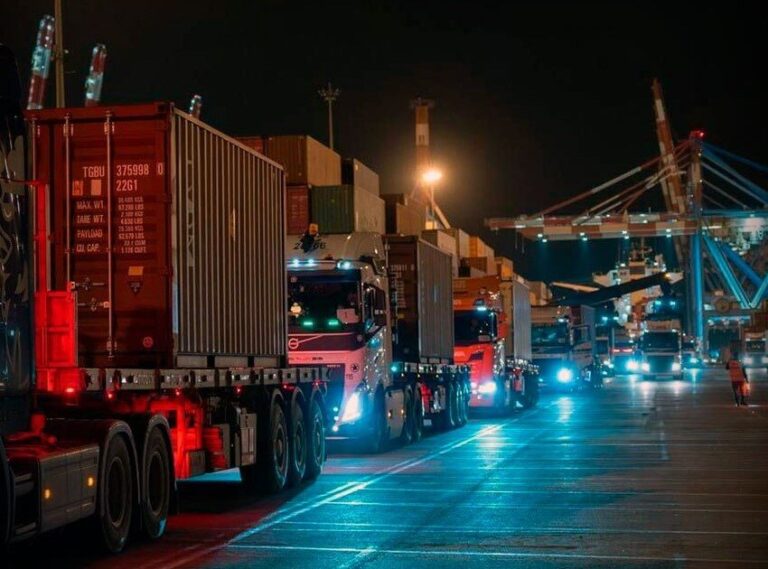
Israel Boosts Defense Capabilities with Latest US Shipment of Heavy Bombs
A shipment of MK-84 2,000-lb munitions was recently unloaded at Ashdod Port, reflecting the strong military collaboration between the United States and Israel amidst ongoing regional tensions. Israeli War Minister Israel Katz praised the shipment, emphasizing its significance for the IDF and Air Force. Since October 2023, Israel has received over 76,000 tons of military supplies, primarily from the U.S., facilitated by extensive logistics involving 678 transport planes and 129 ships. This ongoing military support underscores the strategic alliance between the two nations and its impact on Israel’s defense capabilities and regional dynamics.
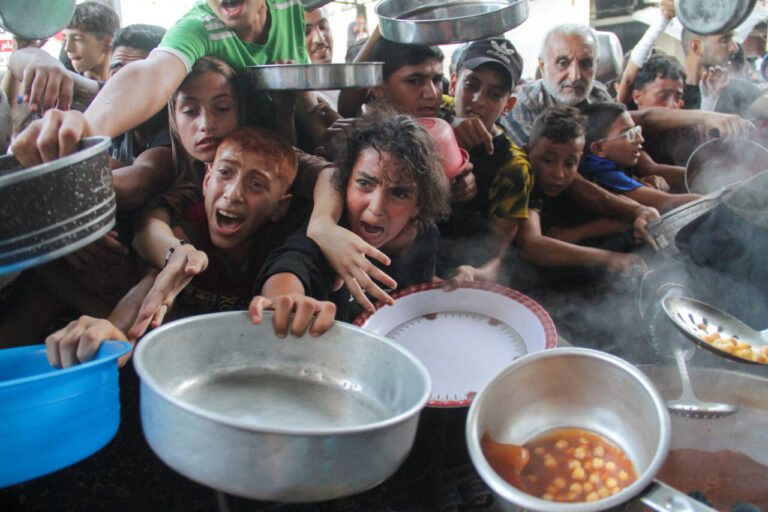
Starvation as a Weapon: The Renewed Crisis in Gaza
Israel has halted humanitarian aid to the Gaza Strip, worsening the plight of millions of Palestinians and drawing parallels to historical wartime tactics of starvation. This suspension, which follows a ceasefire agreement, has led to urgent food shortages, skyrocketing prices, and a humanitarian crisis affecting 2.3 million people. Human rights experts condemn Israel’s actions as violations of international law, classifying them as war crimes. Despite calls from countries like Britain, France, and Germany for continued aid, Israeli authorities have justified the blockade after Hamas’s rejection of a ceasefire extension. The situation underscores the urgent need for international intervention and accountability.
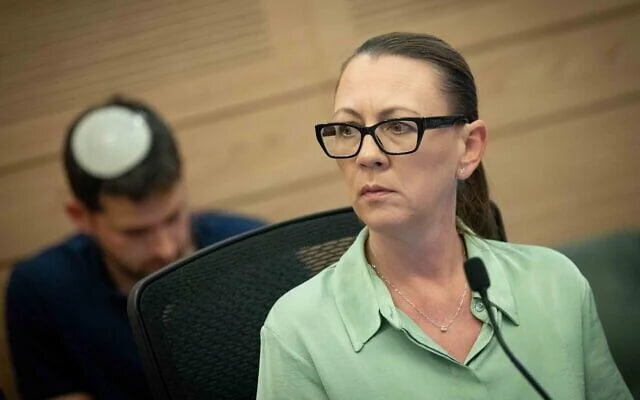
Israeli MP Takes Bold Stand in UNRWA Facility Occupation!
Yulia Malinovsky, a member of Israel’s Yisrael Beiteinu party, stormed a UN Palestinian refugee agency facility in East Jerusalem, highlighting rising tensions over the city’s status. She established a makeshift office there, urging the Israeli government to assert control. Her actions coincide with Jerusalem Day, marking the city’s reunification in 1967, and reflect a broader trend among some Israeli factions opposing UN agencies like UNRWA. This provocative stance raises questions about sovereignty and peace negotiations, potentially complicating diplomatic relations and inciting unrest. Malinovsky’s actions exemplify the complexities of the Israeli-Palestinian conflict and the role of international organizations.
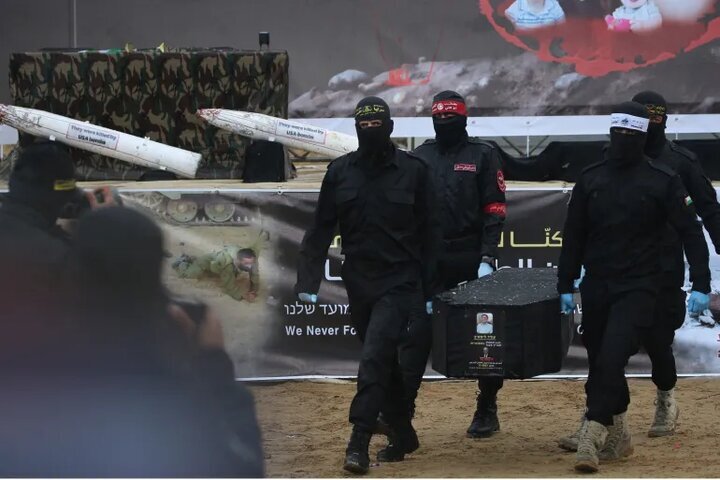
Hamas Transfers Israeli Captives’ Remains to Red Cross: A Significant Humanitarian Gesture
In Khan Younis, southern Gaza, Palestinian fighters transported four coffins from the ICRC, marking a poignant reminder of the ongoing humanitarian crisis. The coffins, displayed with photographs of the deceased, included notable individuals such as Shiri Bibas and her two sons. Hamas expressed sorrow over the fate of Israeli captives, claiming they were killed due to Israeli military actions, while accusing Prime Minister Netanyahu of evading responsibility. The ongoing conflict has led to significant civilian casualties and humanitarian challenges, prompting calls for a ceasefire and renewed peace negotiations, underscoring the urgent need for dialogue and reconciliation.
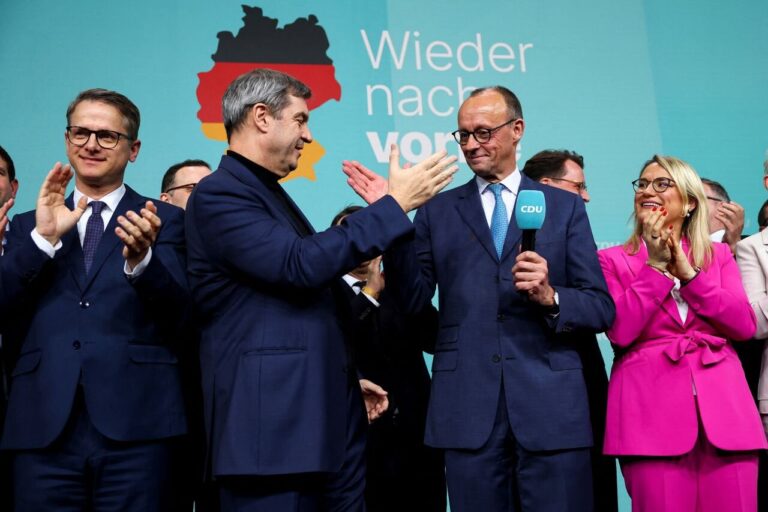
Historic Victory for Germany’s Conservatives: AfD Achieves Record High in Parliamentary Elections, Exit Polls Reveal
In Germany’s recent elections, the conservative CDU/CSU alliance, led by Friedrich Merz, won 28.9% of the vote, marking a significant political shift. The far-right Alternative for Germany (AfD) party gained ground, securing 19.7%—double its 2021 performance—due to rising public concerns over immigration, security, and economic struggles. The Social Democrats (SPD) faced a historic low at 16.1%, while the Greens received 13.2%. Merz may need to form coalitions, as potential partners reject the AfD. This election highlights a growing divide in public sentiment regarding immigration and economic stability, signaling potential long-term changes in Germany’s political landscape.